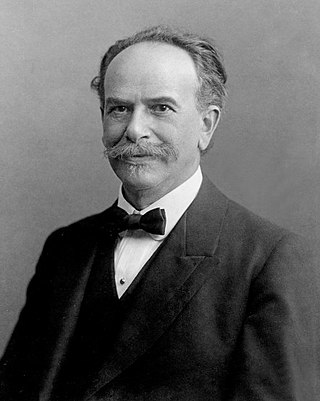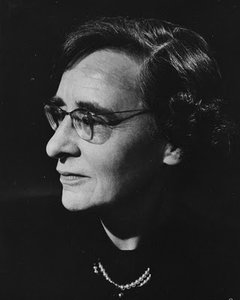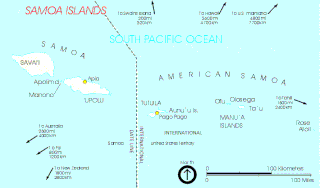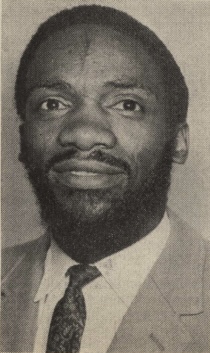Related Research Articles

Anthropology is the scientific study of humanity, concerned with human behavior, human biology, cultures, societies, and linguistics, in both the present and past, including past human species. Social anthropology studies patterns of behavior, while cultural anthropology studies cultural meaning, including norms and values. A portmanteau term sociocultural anthropology is commonly used today. Linguistic anthropology studies how language influences social life. Biological or physical anthropology studies the biological development of humans.

Franz Uri Boas was a German-American anthropologist and a pioneer of modern anthropology who has been called the "Father of American Anthropology". His work is associated with the movements known as historical particularism and cultural relativism.

Social science is one of the branches of science, devoted to the study of societies and the relationships among individuals within those societies. The term was formerly used to refer to the field of sociology, the original "science of society", established in the 19th century. In addition to sociology, it now encompasses a wide array of academic disciplines, including anthropology, archaeology, economics, human geography, linguistics, management science, communication science and political science.

Ethnography is a branch of anthropology and the systematic study of individual cultures. Ethnography explores cultural phenomena from the point of view of the subject of the study. Ethnography is also a type of social research that involves examining the behavior of the participants in a given social situation and understanding the group members' own interpretation of such behavior.

Gregory Bateson was an English anthropologist, social scientist, linguist, visual anthropologist, semiotician, and cyberneticist whose work intersected that of many other fields. His writings include Steps to an Ecology of Mind (1972) and Mind and Nature (1979).
George Peter ("Pete") Murdock, also known as G. P. Murdock, was an American anthropologist who was professor at Yale University and University of Pittsburgh. He is remembered for his empirical approach to ethnological studies and his study of family and kinship structures across differing cultures. His 1967 Ethnographic Atlas dataset on more than 1,200 pre-industrial societies is influential and frequently used in social science research. He is also known for his work as an FBI informant on his fellow anthropologists during McCarthyism.
Development studies is an interdisciplinary branch of social science. Development studies is offered as a specialized master's degree in a number of reputed universities around the world. It has grown in popularity as a subject of study since the early 1990s, and has been most widely taught and researched in developing countries and countries with a colonial history, such as the UK, where the discipline originated. Students of development studies often choose careers in international organisations such as the United Nations, World Bank, non-governmental organisations (NGOs), media and journalism houses, private sector development consultancy firms, corporate social responsibility (CSR) bodies and research centers.

Arjun Appadurai is an Indian-American anthropologist recognized as a major theorist in globalization studies. In his anthropological work, he discusses the importance of the modernity of nation states and globalization. He is the former University of Chicago professor of anthropology and South Asian Languages and Civilizations, Humanities Dean of the University of Chicago, director of the city center and globalization at Yale University, and the Education and Human Development Studies professor at NYU Steinhardt School of Culture.
History of anthropology in this article refers primarily to the 18th- and 19th-century precursors of modern anthropology. The term anthropology itself, innovated as a Neo-Latin scientific word during the Renaissance, has always meant "the study of man". The topics to be included and the terminology have varied historically. At present they are more elaborate than they were during the development of anthropology. For a presentation of modern social and cultural anthropology as they have developed in Britain, France, and North America since approximately 1900, see the relevant sections under Anthropology.
S. N. Balagangadhara is a professor emeritus of the Ghent University in Belgium, and was director of the India Platform and the Research Centre Vergelijkende Cutuurwetenschap.
Biraja Sankar Guha was an Indian physical anthropologist, who classified Indian people into races around the early part of the 20th century and he was also a pioneer to popularize his scientific ideas in the vernacular. He was the first Director of the Anthropological Survey of India (ASI) (1945–1954).

Cora Alice Du Bois was an American cultural anthropologist and a key figure in culture and personality studies and in psychological anthropology more generally. She was Samuel Zemurray Jr. and Doris Zemurray Stone-Radcliffe Professor at Radcliffe College from 1954. After retirement from Radcliffe, she was Professor-at-large at Cornell University (1971–1976) and for one term at the University of California, San Diego (1976).

Lucy Philip Mair was a British anthropologist. She wrote on the subject of social organization, and contributed to the involvement of anthropological research in governance and politics. Her work on colonial administration was influential.

This is an English language bibliography of American Samoa and its geography, history, inhabitants, culture, biota, etc.
The Colonial Development and Welfare Acts were a series of acts implemented by the British parliament.

An African Survey: A Study of Problems arising in Africa South of the Sahara, often simply known as African Survey, was a report originally published in 1938 which paved the way for the reorganisation of research into the situation of the British Empire in Sub-Saharan Africa through the Colonial Development and Welfare Act 1940. The report was published by Oxford University Press and ran to 1,837 pages. It was subsequently republished in several revised editions.
Ramkrishna Mukherjee was a scientist at the Indian Statistical Institute, Kolkata, President of the Indian Sociological Society (1973–75) and recipient of the Indian Sociological Society's Lifetime Achievement Award in 2005.
Francis L. K. Hsu was a China-born American anthropologist, one of the founders of psychological anthropology. He was president of the American Anthropological Association from 1977 to 1978.
Kankam Twum Barima was a Ghanaian academic and government official who was Commissioner for Agriculture in the administration of the National Liberation Council in 1969.

Archibald Boyce Monwabisi Mafeje, commonly known as Archie Mafeje, was a South African anthropologist and activist. Born in what is now the Eastern Cape, he received degrees from the University of Cape Town (UCT) and the University of Cambridge. He became a professor at various universities in Europe, North America, and Africa. He spent most of his career away from apartheid South Africa after he was blocked from teaching at UCT in 1968.
References
- 1 2 "Notes and News". American Anthropologist. 51 (1): 167–169. 1949. doi: 10.1525/aa.1949.51.1.02a00310 .